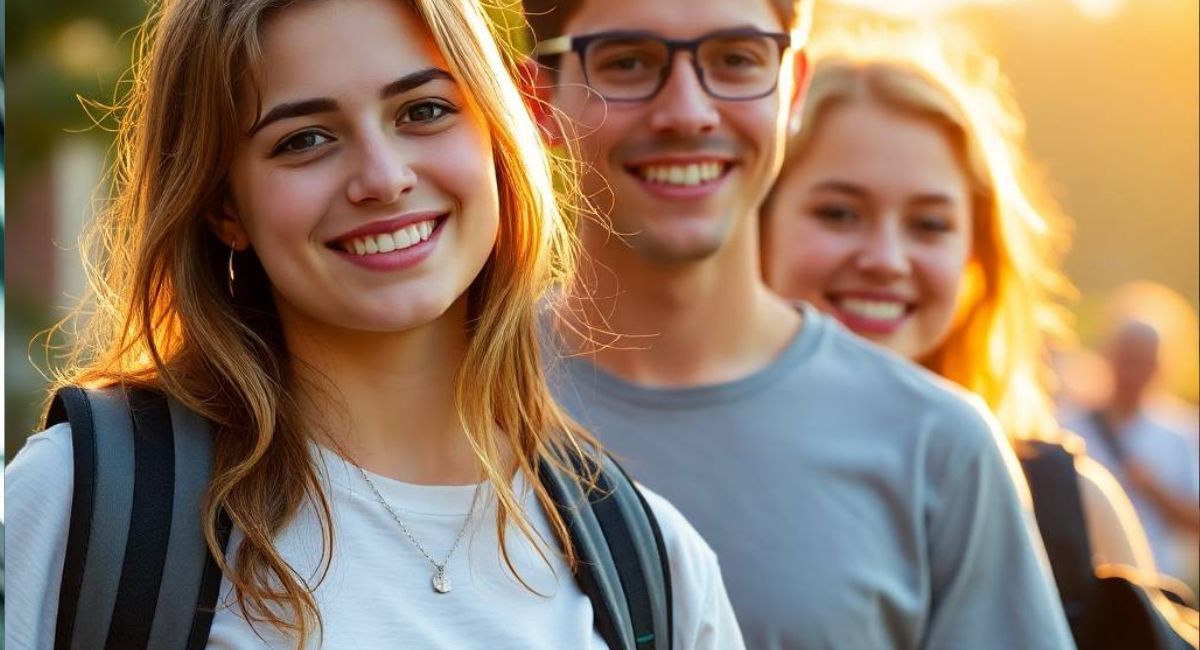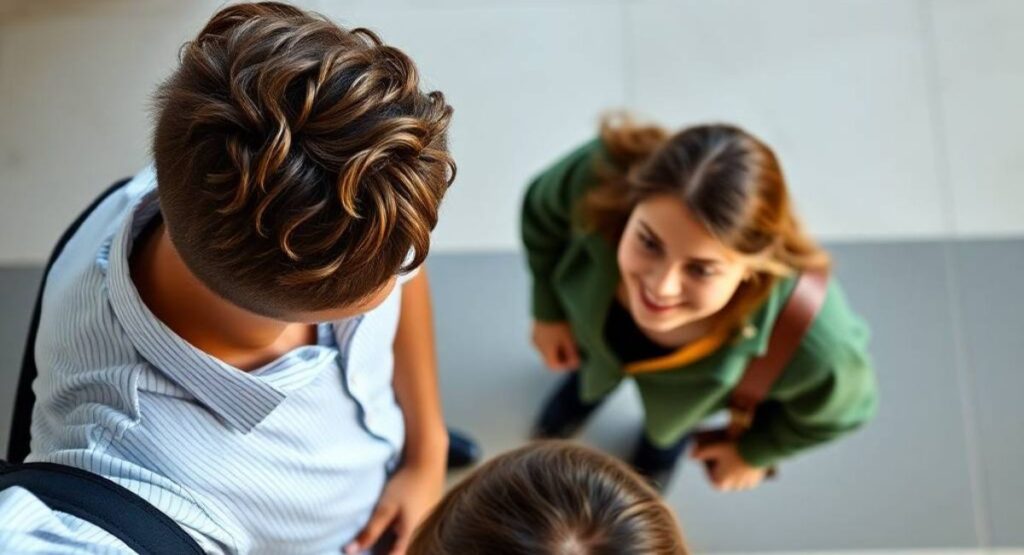
AI ascendancy like ChatGPT, Jasper, and other writing assistants has changed student assignment homework and even exams. But with such rampant daily use, the biggest do they check for ai in summer school question in the minds of learners and parents remains: do summer school committees check for AI?
Traditionally, summer schools were used for catching up on missed credits, grade improvement, or acceleration of any primary learning type. However, with the increasing infiltration of artificial intelligence in education, schools are slowly gearing up to adapt. Some use it as a study tool, while others resort to detection mechanisms as a way of thwarting academic malpractice.
In this guide, you will get to know if summer programs follow suit with AI detection methods or not, how they perform such checks, and what it all means for the students. We shall also relate the ethics of AI use in education, risk of forging detection, and ways of responsible AI use.
Why the Question Matters: The AI Shift in Education
Before diving into the answer to “do they check for AI in summer school”, it’s important to understand why this has become such a hot topic.
- AI is everywhere: Tools like ChatGPT, Quillbot, and Grammarly are widely used by students to save time and improve writing.
- Academic integrity: Schools are under pressure to ensure that students actually learn and demonstrate their own knowledge.
- Technology adoption: With plagiarism checkers now standard, many institutions are exploring AI detection tools as well.
- Fairness: If some students use AI to get ahead while others don’t, it creates inequality.
Summer school, in particular, focuses on remediation or accelerated learning. Teachers want to make sure students gain the skills they need for the next academic year, which means they are more cautious about shortcuts.
Do They Check for AI in Summer School? The Direct Answer
The short answer is: yes, in many cases, summer school programs are beginning to check for AI-generated work. However, the extent of checking depends on the type of summer school, the district or institution, and the tools available to teachers.
Here’s what you need to know:
- High School Summer Programs:
- Public high schools often use plagiarism checkers like Turnitin. Many of these platforms now include AI detection features.
- Teachers may manually review suspicious work, especially if it doesn’t match a student’s writing style.
- College Summer Courses:
- Universities are more likely to use AI detection software.
- Professors may cross-check assignments using multiple detection tools.
- Private Tutoring or Online Summer Schools:
- Not all online programs have advanced detection.
- Some focus more on outcomes (like passing a test) rather than written assignments.
So, while not every summer school program aggressively checks for AI, the trend is moving in that direction. The question isn’t just “do they check for AI in summer school?” but “how and to what extent do they check?”
How Do Schools Check for AI?
To answer “do they check for AI in summer school” fully, let’s break down the methods:
- AI Detection Tools:
- Platforms like Turnitin, GPTZero, and Originality.ai claim to identify AI-generated text.
- These tools analyze word patterns, sentence structures, and probabilities of human vs. AI writing.
- Plagiarism Checkers with AI Features:
- Turnitin has added AI-writing detection into its software.
- Many schools subscribe to these services, especially during summer school sessions where grading may be accelerated.
- Teacher Review:
- Teachers often know their students’ writing voices. If a struggling student suddenly turns in flawless, advanced writing, it raises suspicion.
- Some teachers run “informal checks” by asking follow-up questions in class.
- Comparison to Past Work:
- Teachers sometimes compare a summer school essay to a student’s earlier assignments.
- If the tone and vocabulary differ significantly, they may suspect AI.
Why Schools Care About AI Use in Summer School

why not let students use AI if it do they check for ai in summer school helps them?
Here are the main reasons summer schools are concerned:
- Learning Goals: Summer school is designed to fill learning gaps. If students rely entirely on AI, they don’t develop their skills.
- Academic Integrity: Just like plagiarism, passing off AI work as one’s own can be considered dishonest.
- Fair Grading: Teachers want a level playing field.
- Preparation for Higher Education or Jobs: Students need to actually know the material, not just pass the class.
This is why the answer to “do they check for AI in summer school” leans toward yes in many cases—teachers want to ensure students truly understand the lessons.
What Happens If You’re Caught Using AI?
If a student’s work is flagged as AI-generated, the consequences depend on the school’s policy. Common outcomes include:
- Rewriting the Assignment: The student may be asked to redo it without AI assistance.
- Lower Grades: Some schools penalize AI-generated work the same way they penalize plagiarism.
- Academic Warnings: Repeated offenses can lead to disciplinary action.
- Failing the Class: In extreme cases, especially in college-level summer courses.
So, when asking “do they check for AI in summer school?”, it’s not just about detection but also about potential consequences.
Ethical Use of AI in Summer School
The reality is, AI can be a powerful study tool when used correctly. The question isn’t only “do they check for AI in summer school?” but also “how can students use AI responsibly?”
Here are some acceptable uses:
- Brainstorming ideas for essays.
- Outlining assignments before writing.
- Practicing language and grammar.
- Getting explanations of tough topics.
Unethical uses include:
- Submitting entire AI-generated essays.
- Using AI to answer exam questions.
- Copy-pasting responses without understanding them.
Real-World Insights: Do They Check for AI in Summer School Across Different Levels?
High School
- Many districts now include AI policies in their academic integrity handbooks.
- Teachers in summer school are especially alert because of the accelerated timelines.
College and Universities
- Professors often treat AI misuse like plagiarism.
- Summer courses, being intensive, may involve more written work checked through detection tools.
Online Programs
- Some are stricter than others.
- Accredited programs often have strong AI-checking measures, while informal ones may not.
Tips for Students: Using AI Safely and Responsibly
If you’re a student wondering “do they check for AI in summer school?”, here’s how you can avoid problems:
- Don’t Rely Entirely on AI: Use it as a helper, not a replacement.
- Paraphrase and Add Your Own Thoughts: Blend AI suggestions with your own writing style.
- Learn from the AI, Don’t Just Copy: Treat it like a tutor.
- Check School Policies: Some schools may allow limited AI use if disclosed.
- Proofread Everything: Make sure it sounds like you, not a machine.
Parental Perspective: What Parents Should Know
Parents also ask: “do they check for AI in summer school?” because they want their children to succeed without shortcuts.
- Support Learning, Not Just Passing: Encourage students to actually understand the material.
- Discuss AI Tools: Teach kids the difference between responsible and irresponsible use.
- Stay Informed About Policies: Schools may notify parents if AI misuse is suspected.
The Future of AI in Summer School
As technology evolves, so will education. Here’s what we can expect:
- Stronger AI Detectors: More schools will invest in detection software.
- Balanced Policies: Some schools may allow AI for brainstorming but not for final submissions.
- AI Literacy Programs: Teaching students how to use AI ethically may become part of the curriculum.
- Shifts in Assignments: Teachers may create tasks that are harder for AI to handle, like oral presentations or in-class essays.
So, the question of “do they check for AI in summer school” may soon evolve into “how do they integrate AI into summer school?”
Conclusion
So, do they check for AI in summer school? The answer is increasingly yes. High schools, colleges, and online programs are adopting AI detection tools and training teachers to spot AI-generated work. While some programs may still be lenient, the trend is clear: schools want students to actually learn, not just pass with the help of machines.



